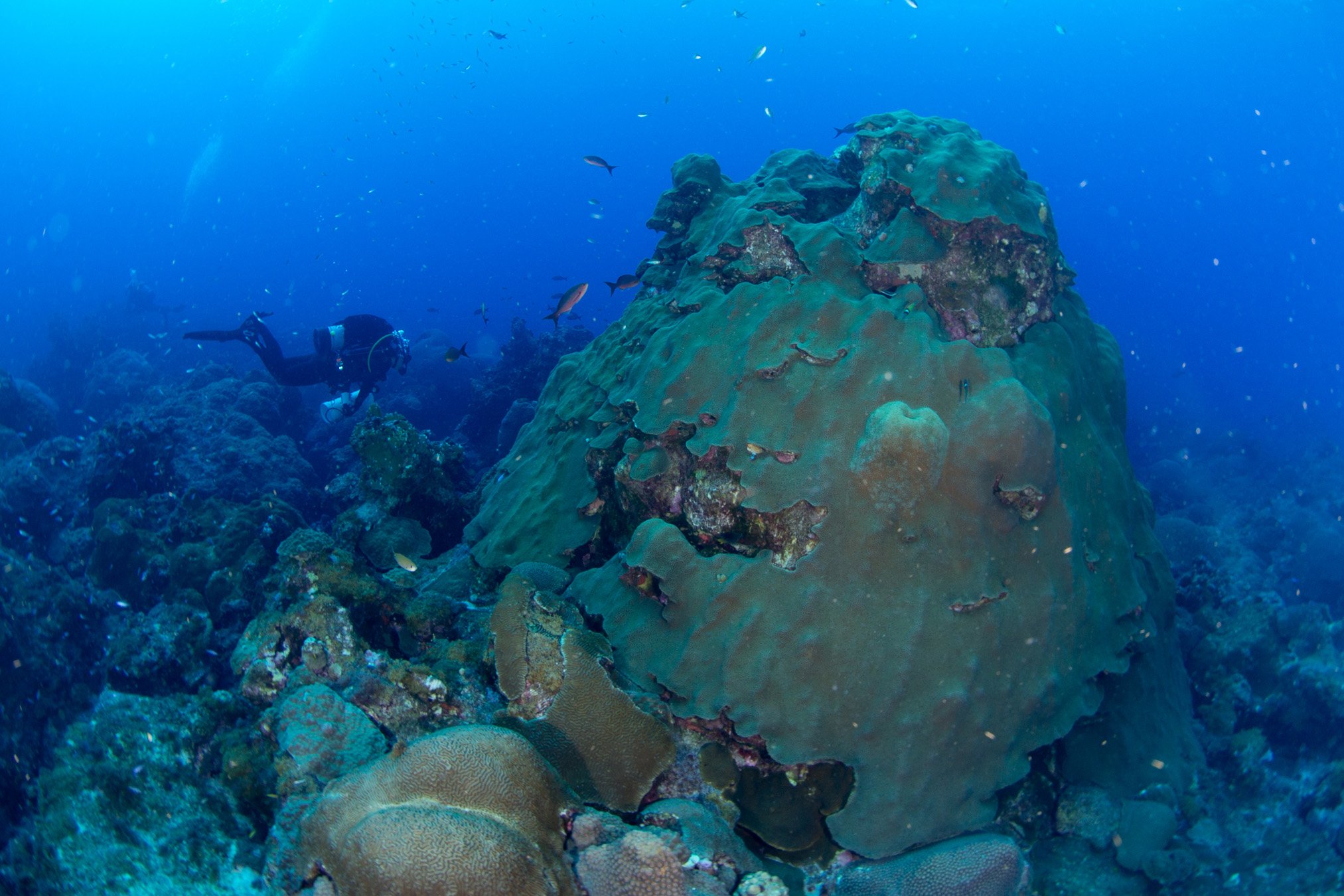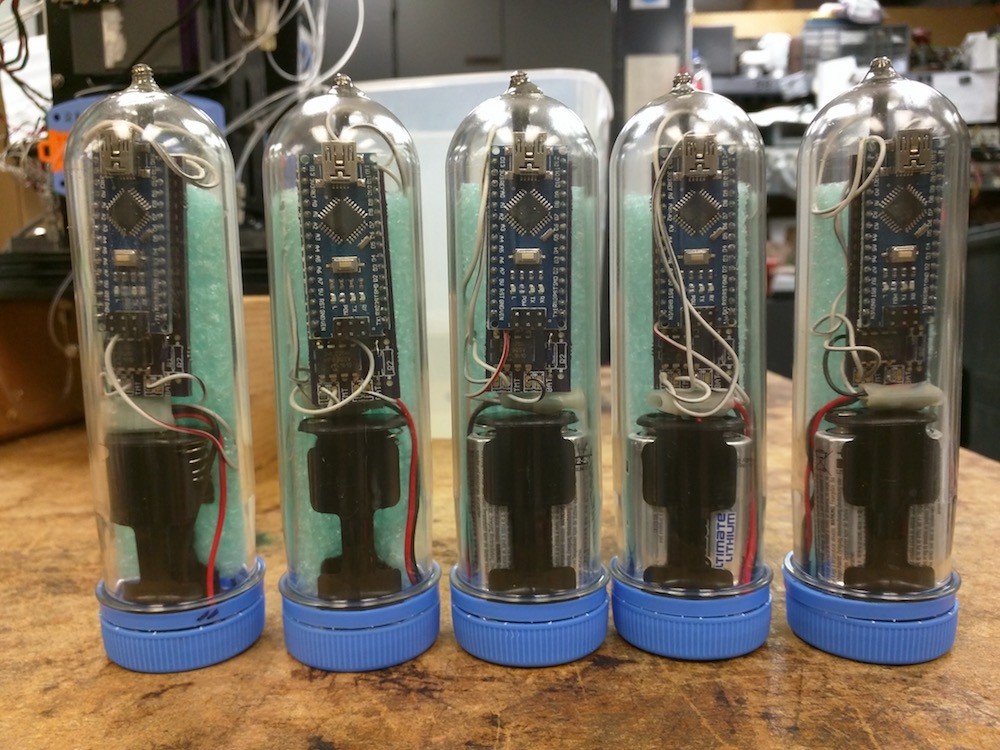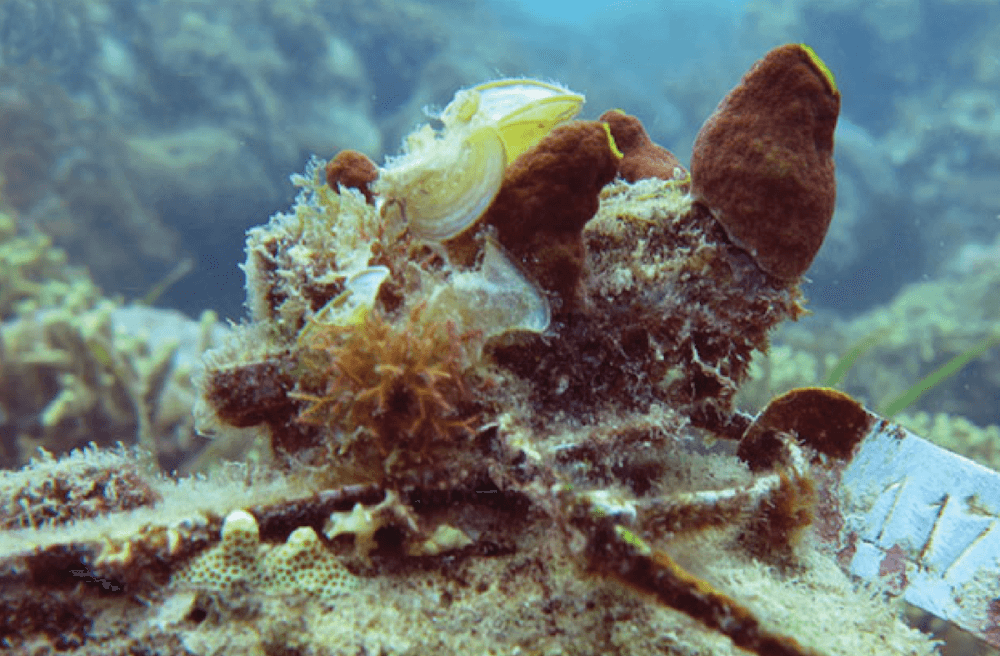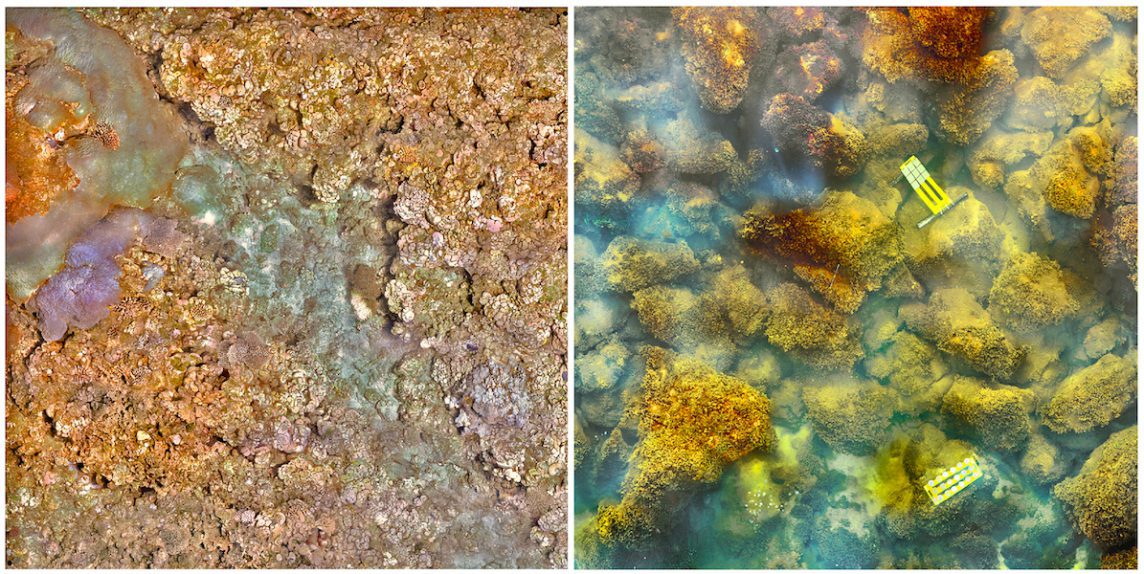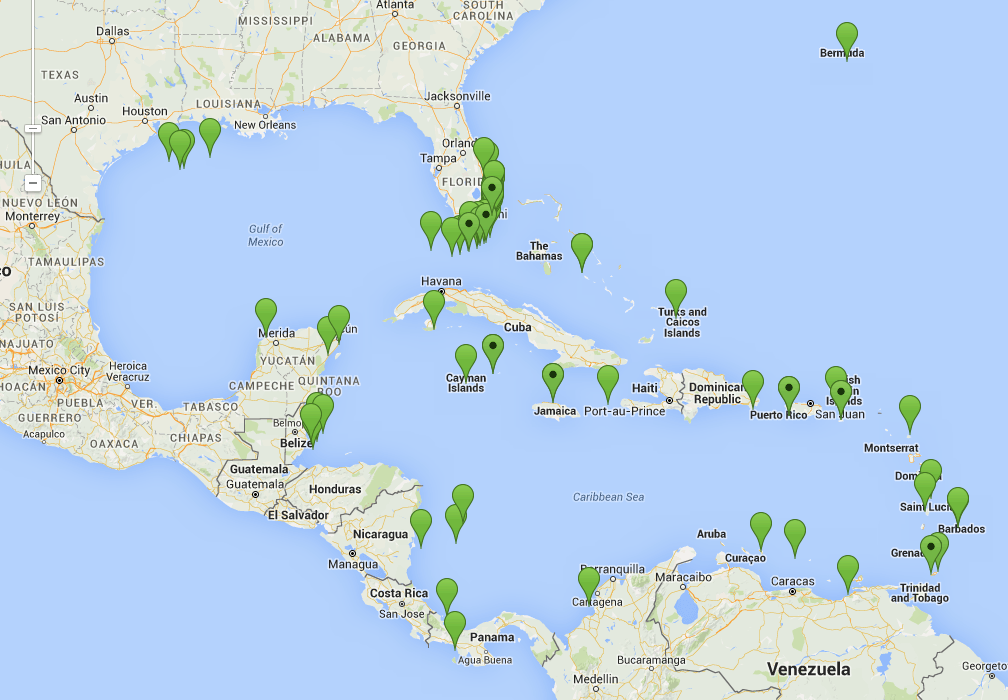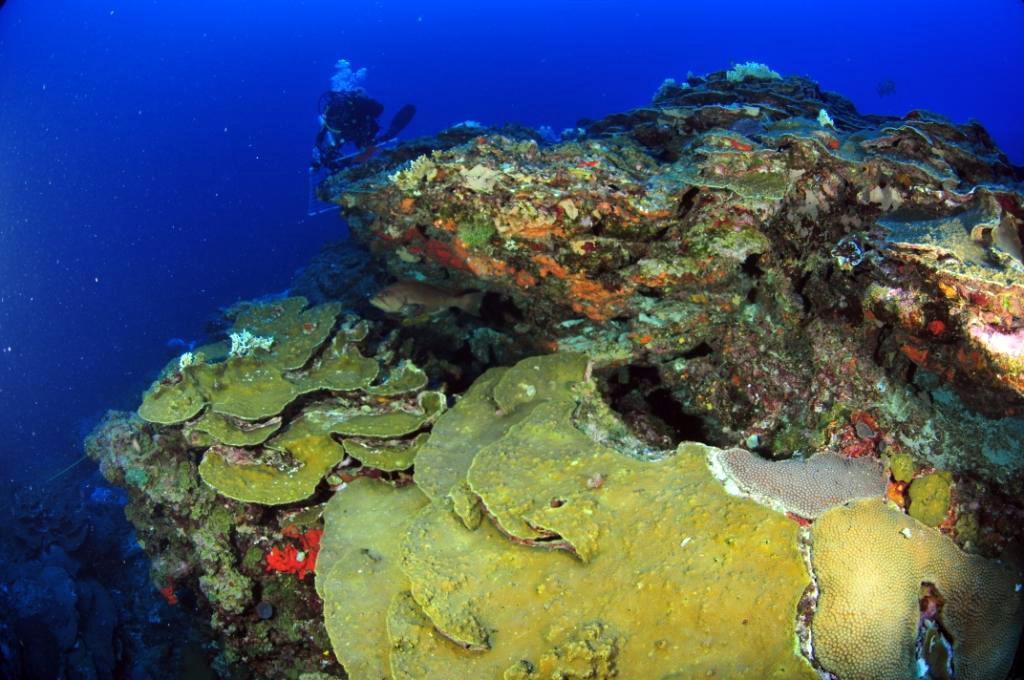Coral scientists at NOAA’s Atlantic Oceanic and Meteorological Laboratory (AOML) are in the process of analyzing data that may shed light on the sub-lethal effects of sedimentation stress in coral larvae. Scientists recently conducted a series of lab experiments aimed at assessing the effects of Port of Miami dredge sediments on the larval performance of the Caribbean threatened coral Orbicella faveolata (also known as the mountainous star coral). Preliminary analysis suggests significant effects of sedimentation on both the survival and settlement of coral larvae.
Novel, Inexpensive Temperature Sensor Unlocks Coral Monitoring Challenge
Warm ocean water can be a killer for coral reefs, and AOML recently developed a new inexpensive sensor to drastically improve our ability to measure and monitor changing temperatures on reefs at an unprecedented scale. The low cost sea temperature sensor, known as InSituSea, costs roughly $10 in parts to produce while providing high accuracy (0.05-0.1 C) in measurement. With a production cost that is 10% of an off-the-shelf temperature sensor, colleagues have expressed strong interest in deploying the InSituSea sea temperature sensor at coral reefs around the world.
Study shows ocean acidification is two-front assault on coral reefs
The study, published in the Proceedings of the Royal Society B, measured changes in the reef framework in several naturally high-carbon dioxide settings near Papua New Guinea. For the first time, scientists found increased activity of worms and other organisms that bore into the reef structure, resulting in a net loss of the framework that is the foundation of coral reef ecosystems.
Volcano Spewing Carbon Dioxide Drives Coral to Give Way to Algae
The new research published online August 10 in Nature Climate Change provides a stark look into the future of ocean acidification – the absorption by the global oceans of increasing amounts of human-caused carbon dioxide emissions. Scientists predict that elevated carbon dioxide absorbed by the global oceans will drive similar ecosystem shifts, making it difficult for coral to build skeletons and easier for other plants and animals to erode them.
New Virtual Stations Enhance Coral Monitoring Efforts in Caribbean
AOML’s Coral Health and Monitoring Program (CHAMP) rolled out a new data source in October as part of its online data query tool. Optimally Interpolated Sea Surface Temperatures, or OISSTs, are data from microwave satellite observation platforms, products that are sourced from Remote Sensing Systems. Whereas other sea surface temperature sources might be missing data due to orbital gaps or non-ideal environmental conditions such as cloud cover or rainfall, the OISST platform corrects for these errors to provide a complete, daily sea surface temperature map that can benefit coral health and monitoring efforts worldwide.
AOML Establishes New Sites to Monitor Ocean Acidification in Gulf of Mexico
Members of AOML’s Acidification, Climate, and Coral Reef Ecosystems Team (ACCRETE) recently traveled to two remote reef locations to expand the National Coral Reef Monitoring Program’s (NCRMP) network of sentinel climate and ocean acidification monitoring sites. The newly established sites, located in the Flower Garden Banks and the Dry Tortugas, will provide researchers with additional data and insights into the ocean’s changing chemistry and the progression of ocean acidification, as well as the ecological impacts of these variables across the Caribbean basin and the Gulf of Mexico.
